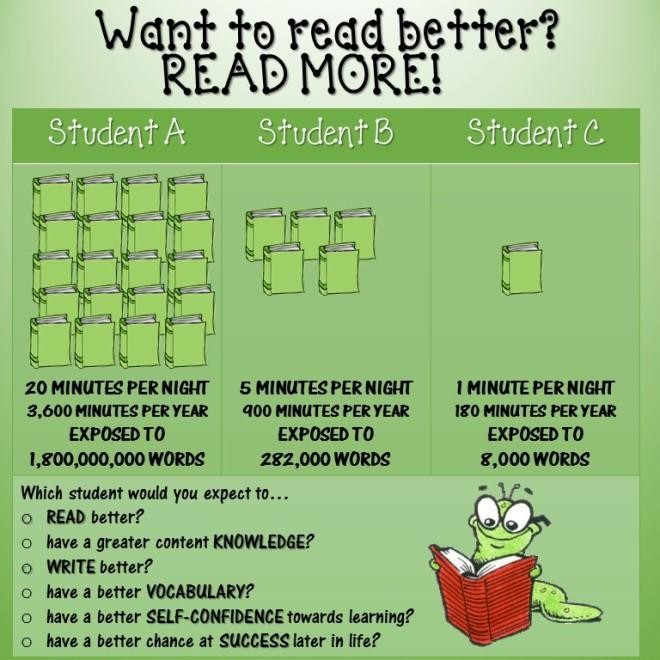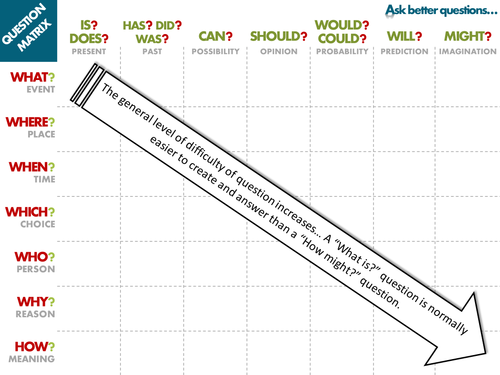When your child is beginning to read, we use the Bug Club scheme to teach Phonics systematically, from Reception up to Year 2.
We use the Bug Club Reading scheme throughout school.
You should find that the reading scheme book matches your child's current reading level. It should not be so difficult that they are trying to decode lots of the words – focusing more on their comprehension skills rather than their decoding (sounding out). These books have been selected to allow your child to focus on what the book is about, rather than decoding too many unfamiliar words. Please be assured that this does not mean that the book is too easy. Developing fluency in reading is a key skill and children need this fluency to help develop their understanding as they learn to read more complex texts.
As children move through EYFS and Key Stage 1, they develop their skills in decoding. By the time they reach Key Stage 2, most children have mastered their phonic skills and the balance moves towards making meaning from the text and developing fluency. If they can’t read at least 95% of words in a text, the meaning becomes lost. This is why it is so important that your child’s reading book does not contain too many unfamiliar words, so that they can instead focus on understanding what the book is about, and drawing inferences.
What can parents do at home to support your child’s reading development?
- Read every night for up to twenty minutes.
- Listen to your child read/discuss and question what they have read (see below). This helps them to develop their fluency.
- Read to your child. This will help them to understand how to use expression to bring stories to life and develop their own voice as readers.
- After listening to them, or reading to them, ask them some of the questions from the question grid below, or from the back of the book. The discussion you have will be very valuable to their reading development.
- Talk about the meanings of new words.
- Read the same book again and again if you have to!
- Sign their reading record (at least) three times per week – and let us know if there’s anything they struggled with, so we can support you!
In school, we use this question grid to encourage children to really think about what they have read, and develop their confidence in discussing their opinions on books.


